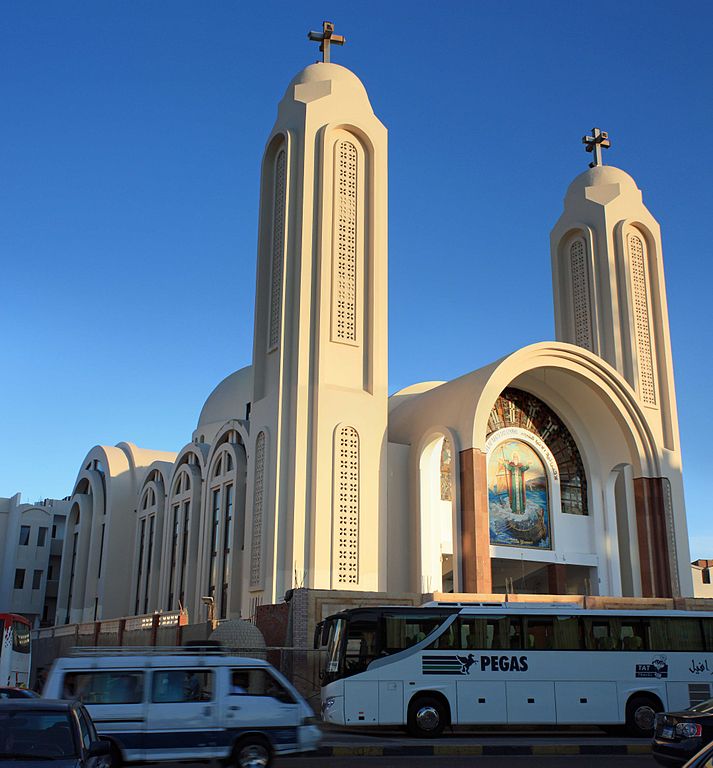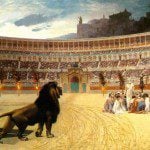
Here’s another passage that I marked in Graham E. Fuller, A World Without Islam (New York, Boston, and London: Little, Brown and Company, 2010):
[M]inorities who had resented Byzantine, Sassanid, and other rule believed their situation would improve under Muslim rule; time and experience under the new Muslim calphate mainly confirmed those hopes. Certainly fear of the conquerors might impel some to conversion, but so would a desire to curry favor with the new authorities for personal gain. Those who had long been minorities began to perceive greater benefit in joining the religion of the majority and becoming part of a mainstream culture, enjoying patronage and new social mobility. Others would even choose to join the Islamic campaigns of military conquest for adventure and riches.
But even this conversion process was not as rapid as is popularly conceived. Research by Columbia University scholar Richard Bulliet on the rates of conversion of non-Arabs to Islam shows just how slow the process was in the first Islamic century. Under the Umayyad caliphate, only 10 percent of the populations that were conquered actually converted to Islam, compared to the more multinational Abbasid caliphate, where the conversion rate went from 40 percent to nearly 100 percent by the end of the eleventh century.
Nor were all communities converted. The very existence of large Christian communities of many denominations across the Middle East, as well as many Jewish communities, showed that “People of the Book” could opt not to convert, and continue to worship as Christians and Jews, agree to pay the poll tax, and thereby avoid military service and receive the protection of the state. Under the Ottoman Empire a millennium later, the overwhelming majority of the empire’s subjects in the Balkans indeed remained Christian and the rhythms of their lives and religious worship did not change significantly. (90-91)
***
I believe that it was Matthew Wheeler who kindly brought this item to my attention two or three weeks ago:
***
We’re easily and understandably distracted by the coronavirus pandemic and unrest in American streets, but we should not forget about this, which seems to be continuing still:












